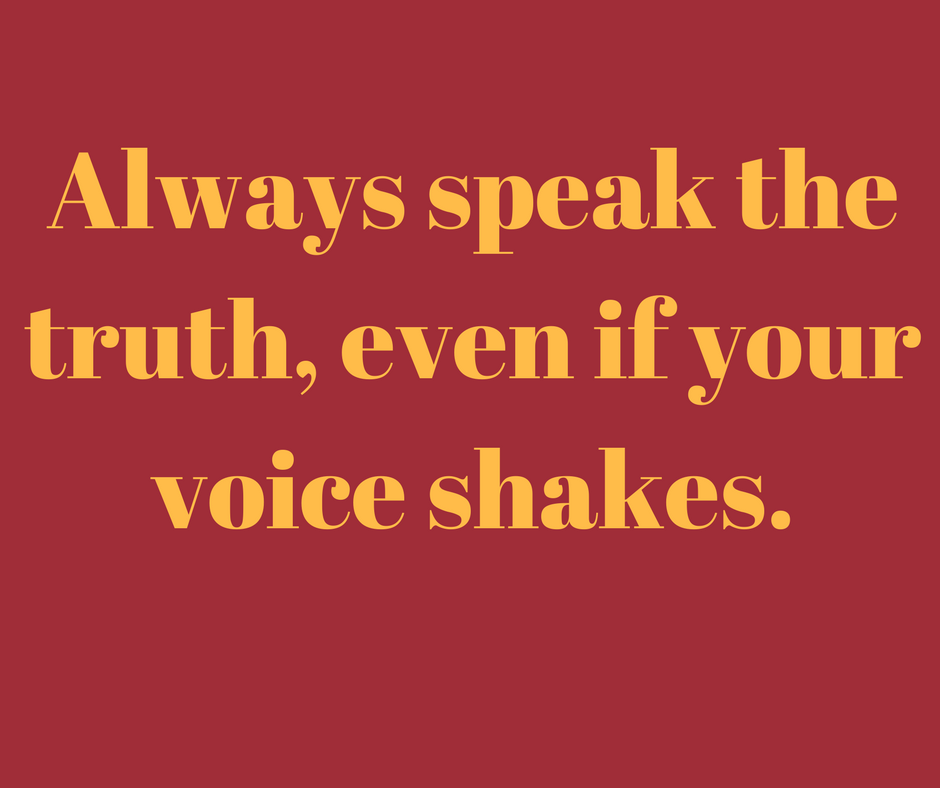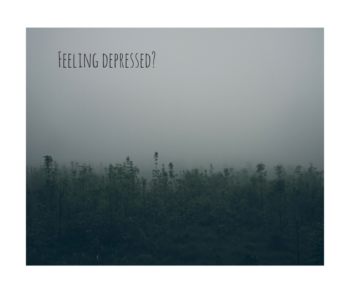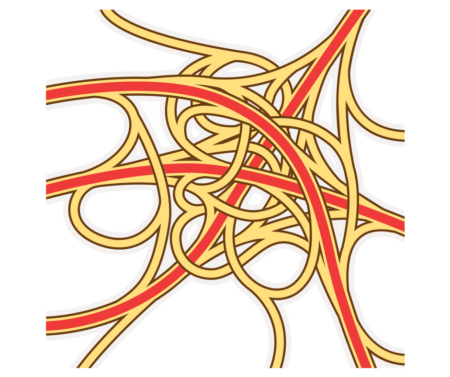
“To reach a port we must sail, sometimes with the wind, and sometimes against it. But we must not drift or lie at anchor.”
— Oliver Wendell Holmes
Many people make plans for their vacation but rarely do people make a plan for their life, as ridiculous as that may sound. Life happens whether we are paying attention or not! We get distracted, we get overwhelmed, we are sometimes deceived. And then we find ourselves in a situation that doesn’t make sense. “How did I get here?” is a common refrain.
According to the authors of a new book, Living Forward, if we had a Life Plan, we wouldn’t drift too far off the path we defined without noticing that something is off. They warn that drifting through life without a plan can result in some very costly consequences, including:
- confusion,
- unnecessary expense,
- lost opportunity,
- pain and
- regrets
I know from my own experiences that this premise is true. I have experienced all of those consequences at some time in my life – multiple times even. The worst case was realizing that I had married a man who was an alcoholic and an abuser. My children were traumatized, as was I. How did I get here?
The good news is that it’s never too late to get back on track. You can’t change the past, but all of us have the power to change the future. We allow ourselves off the hook by claiming that we just don’t have time to do life planning, but I believe that we don’t have time to NOT plan our lives.
In the book mentioned above, Living Forward: A Proven Plan to Stop Drifting and Get the Life You Want, authored by Michael Hyatt & Daniel Harkavy, readers are led through the steps to create a Life Plan. The document when completed is a “living” document that is reviewed often and regularly, and is likely to change over time.
They ask that we answer three very powerful questions:
- How do I want to be remembered?
- What matters most?
- How can I get from here to where I want to be?
As we become clearer about the answers to those questions, we start realizing some awesome benefits:
- we clarify our priorities,
- we start maintaining balance in our lives,
- we filter our opportunities,
- we face reality,
- we envision the future and
- we avoid regrets
So, I invite you to create your plan, and a good start would be purchasing this book and putting it into action.
Authentic Living Newsletter Subscription
Let us know what your comments are!











